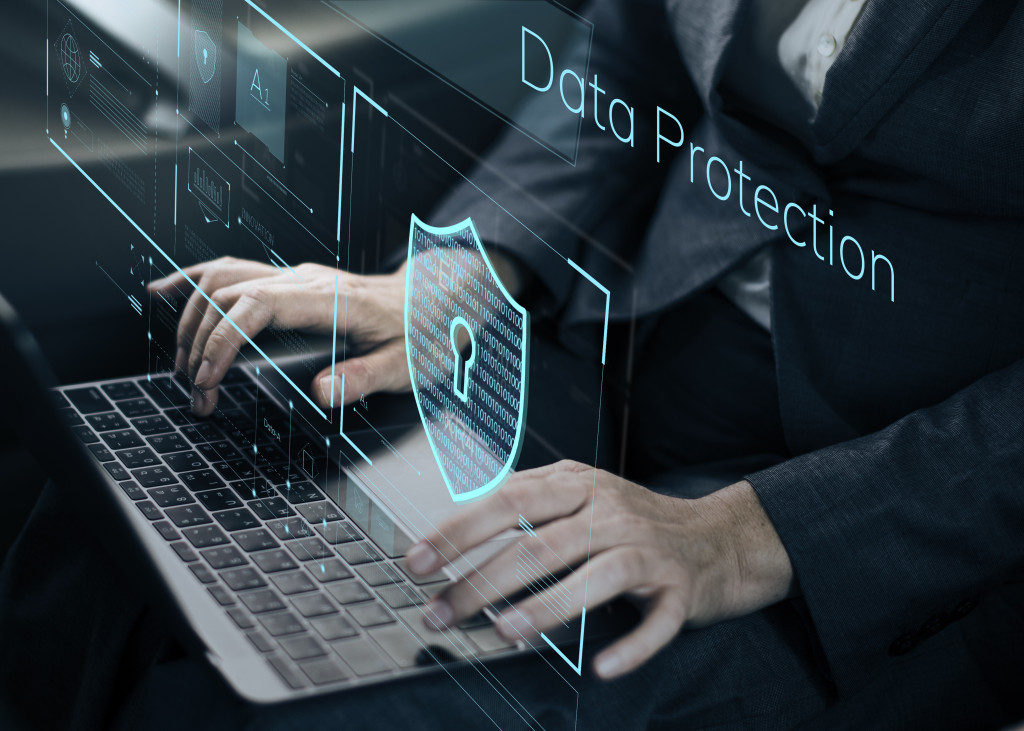From the day we first heard about an unknown virus spreading until today, when scientists are already scrambling to find a cure—we already know how digital technology has helped when it comes to shaping the way we faced the problem.
First off, digital technology is geared towards the ease of disseminating information—luckily, 59% percent of the world’s population has access to the most basic and biggest product of digital technology—the internet.
The remaining percentage may still be big considering there are over seven billion people in the world, but access to information, albeit delayed, is still possible. However, during a health crisis that affects the whole human population—even animals, the speed and accuracy of information is worth more than anything.
COVID-19 and the Information Age
Late Harvard sociologist Daniel Bell predicted that there would soon be a society driven by information that will replace the current industry-driven society. The sociologist foresaw a time when experts in the science driving domestic and foreign policy, manufacturing becomes more computer-aided rather than human-aided, and information being the driving force of society rather than the raw power of the muscle.
Bell predicted that the foreseen state of society would become a reality by about the year 2020. It all came into a clear picture when the first hurdle of the information age arrived—the coronavirus pandemic. Considered as the age’s first test, the drivers of society—experts and citizens alike, took on the challenge through keeping themselves informed, using gained information to protect themselves, and spreading information to keep other people aware.
For information society thinkers with more power than the regular information age individual, they use the power of information to mold policies and decisions that drive societies either down or up.
The current health crisis tested the will of information society and showcased how the power of information can save lives. Society works with digital technology platforms such as the internet to disseminate information as quickly and as accurately as possible. We’ve mentioned before that times like this are when the accuracy of information is as valuable as saving a life.
How digital technology and the information society works

Think about people with adequate access to the internet who can read, look up, and easily verify the information they read and communicate with other people. This is especially vital when staying informed with the right data can save more than a single human from the currently incurable COVID-19.
People are also given access to the development of probable vaccines and other measures against the virus. They are kept up to date on what’s going on in the process of coming up with vaccines and drug testing that can eliminate the virus from its current throne—a virus that keeps everyone apart, inside their homes, and uncertain of what’s coming next.
To people holed up inside their homes, digital technology during the information age helps them stay up to date with the status of their loved ones, lets them work without having to be in the office, and helps them keep up with what’s going on outside their homes without ever having to go out.
Authorities are given a platform by digital technology to provide accurate and helpful information—the type of information deserved by citizens. It’s on the same authorities to make the information as accessible as possible—this may mean using non-digital platforms to allow individuals without access to those still able to receive information.
However, the prominence of digital technology in a society driven by information isn’t all rainbows and smiles. It also opens both people and organizations to malicious attacks or access to their private information. The coupling of easy access and information doesn’t work perfectly, especially when digital adversaries coexist with the two.
Is there a way to safeguard the sea of information?
Safeguarding information in the digital age will depend on individuals or groups that created or own the information in question. It’s inevitable for there to be malicious persons or organizations that want access to private information.
Malicious attacks have been around much longer than the information age. Making it a problem that has been around way before the information became accessible to everyone through the advent of digital technology.
Keeping private information the way it should be won’t be a walk in the park when over half of the world has access to resources that can give them a chance to take whatever information they need. Protective measures should be put up to ensure this data isn’t misused by those who want to take advantage of it.

